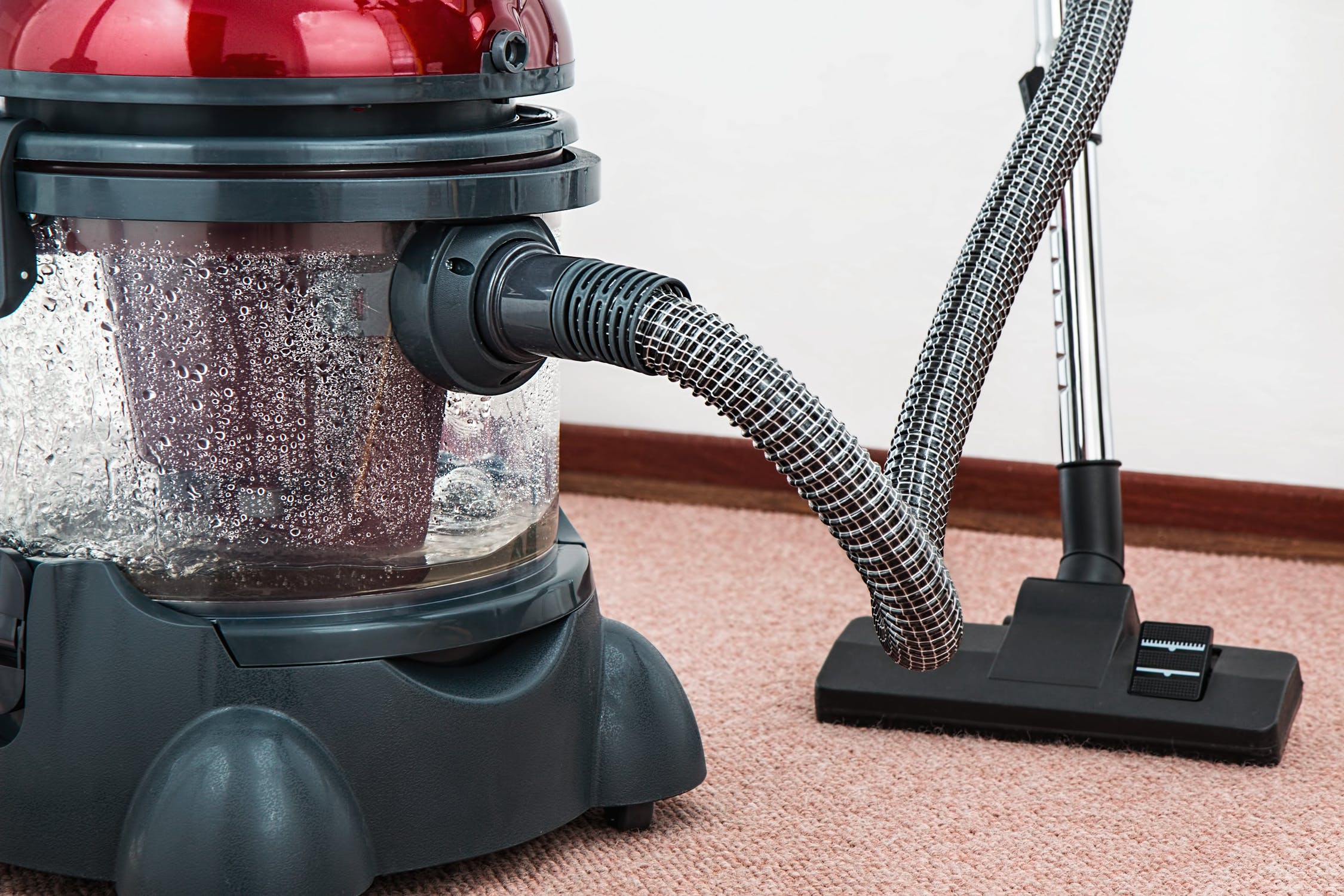I was reading through some quotes on self-reliance this morning to use in class, and stumbled upon this one by Pandora Poikilos.
“We are so accustomed to the comforts of ‘I cannot’, ‘I do not want to’ and ‘it is too difficult’ that we forget to realize when we stop doing things for ourselves and expect others to dance around us, we are not achieving greatness. We have made ourselves weak.”
Particularly in the context of the Indian, urban, middle class life, the last sentence felt like the wrenching of the ear lobe by a strict PE teacher. It hurt, but I also realise how true it is.
The pandemic seems to have thrown people off track in more ways than one with no cleaners coming home. The cooking, the cleaning, the ironing and all the rest of it is all upon you. From observing people’s ramblings on social media, it is fair to say that most of us are overwhelmed.
All said and one, this is a great time to get your children involved in chores which help them become self reliant, and at the same time also get them to build life skills. Over time, children will take ownership of these tasks and this is a great way to set them up for college life — where they will be forced to be self-reliant and independent, particularly if they move away from home for college.
Here are 6 simple ways to keep your children occupied whilst also helping them build essential life skills:
- Watering the plants
- Washing the utensils
- Dusting
- Tidying the bookshelf
- Taking out the garbage
- Folding ironed clothes
Many philosophies of education stress upon this ideology of self reliance. Children feel more at peace with themselves when they feel in control of their lives. When relatively young, involving them in the daily tasks at home is a great way to give them a sense of ownership and control. As cliché as it sounds, one must learn to manage oneself before one can manage others.
Giving children responsibilities at home also helps them with developing key skills like prioritisation and time management. The world’s most productive people swear by the importance of a daily routine. Benjamin Franklin is famous for following the same routine for many decades of his life. Speak of any high achiever and one thing you will find in common is that they all have a daily routine and stick to it religiously.
Ryan Holiday, in his book Stillness is the Key, has an entire chapter dedicated to the benefits of routine. He starts the chapter with this saying by Xunji:
If a person puts even one measure of effort into following ritual and the standards of righteousness, he will get back twice as much.
What we really need to inculcate in children these days is the right understanding of what freedom really means. Freedom isn’t the right to do whatever one wishes. Perhaps the best definition of freedom I have come across is by Eisenhower, and he defines freedom as the opportunity for self discipline.
My greatest takeaway since lockdowns became the norm has been that a routine is not something to be seen as boring and monotonous. Putting in place a routine for self-care tasks, for tasks related to daily living and for tasks related to my work has freed up my mental bandwidth to focus on the things that will take my life in the direction that I want. Decision-making has been taken out of the equation. I don’t really have to think about what I need to do next. Contrast to pre-lockdown where I was always being pulled in different directions for lack of a routine.
Starting with the simplest of chores at home is a great way to turn a routine into a ritual. After your child wakes up, let her head straight to the plant pots. Set aside time for when she clears up the sink, and a rota for the entire family for various other tasks. Not only are children more capable than we adults give them credit for, they’re also capable of taking on more responsibility than we assume.
As Ryan Holiday says, ‘A master is in control. A master has a system. A master turns the ordinary into the sacred’.
And so it shall be with all of us.



Leave your comments
Post comment as a guest